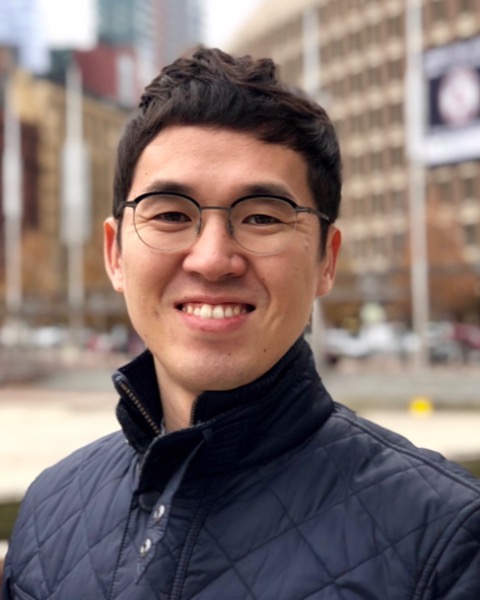Tissue Engineering
(H-306) Surface engineering of macroencapsulation device for long-run islet survival

Kisuk Yang, PhD
assistant professor
Incheon National University, Inch'on-jikhalsi, Republic of Korea- MP
MinJi Park
Graduate student
Incheon national university, Republic of Korea
Presenting Author(s)
Co-Author(s)
Type 1 diabetes (T1D) is characterized by immune-mediated destruction of insulin-secreting β cells, leading to impaired glycemic regulation. Despite advancements in islet transplantation, the long-run survival of grafts is hampered by the deposition of fibrotic tissue around the transplanted islets, compromising their function and viability. To address this challenge, we previously developed a perfused flow-based macroencapsulation device (MED) that utilizes convective transport to improve nutrient delivery and provide immunoprotection for transplanted islets.
In this study, our objective is to enhance the long-run performance of MED by reducing fibrotic tissue formation. We propose using an anti-inflammatory protein-modified semipermeable membrane to achieve this goal. Our hypothesis is that this modified membrane can promote macrophage polarization towards the regeneration-promoting M2 state, thereby inhibiting fibrotic tissue deposition. By modulating the immune response at the device interface, we anticipate that the anti-inflammatory protein-modified membrane will create a favorable microenvironment supporting islet survival and function. This approach holds the potential to improve the efficacy and longevity of MED-based islet transplantation, offering a promising therapeutic strategy for treating T1D.
Materials and Methods::
Cell: MIN6 cells were obtained from the American Type Culture Collection (ATCC) located in Manassas, VA. The cells were cultured in T-75 flasks using Dulbecco's modified Eagle's medium (DMEM, ATCC 30–2002) supplemented with 15% fetal bovine serum (Thermo Fisher Scientific), and 2% penicillin-streptomycin (10,000 U/mL, Thermo Fisher Scientific). The MIN6 cell culture was maintained in a humidified incubator at 37 °C with 5% CO2.
Device Fabrication: The main structure design of the MED was completed using AutoCAD software (Autodesk) and then manufactured using a laser cutter on cast acrylic sheet-poly(methyl methacrylate) obtained from McMaster-Carr.
Results, Conclusions, and Discussions:: In this study, we investigated the potential of an anti-inflammatory protein-modified sepermeable membrane to reduce fibrotic tissue deposition on a MED. We successfully conjugated the semipermeable membrane, such as PTFE, with the anti-inflammatory protein, and our results demonstrated a significant increase (7.8 times) in the levels of IL-10 compared to the non-coated surface. However, the engineered surface showed a decrease in CD68 expression. This indicates the successful activation of macrophage polarization towards the regeneration-promoting M2 state.
Our findings suggest that the surface-engineered MED holds promise as a therapeutic application for islet transplantation. The anti-inflammatory protein modification on the semipermeable membrane led to increased IL-10 production, indicating M2 polarization rather than M1. We plan to apply the surface-engineered MED in a Type 1 diabetes mouse model to assess its efficacy in regulating blood glucose levels and reducing fibrotic tissue. Further validation of the engineered MED in vivo will be crucial to fully understand its potential as a viable therapeutic strategy for enhancing islet transplantation.
Acknowledgements (Optional): : This work was supported by the Ministry of Science and ICT of Korea (NRF-2022R1C1C1008610) and the Korean Fund for Regenerative Medicine (KFRM) grant funded by the Korean government (Code: KFRM 22A0105L1-11).
References (Optional): :
